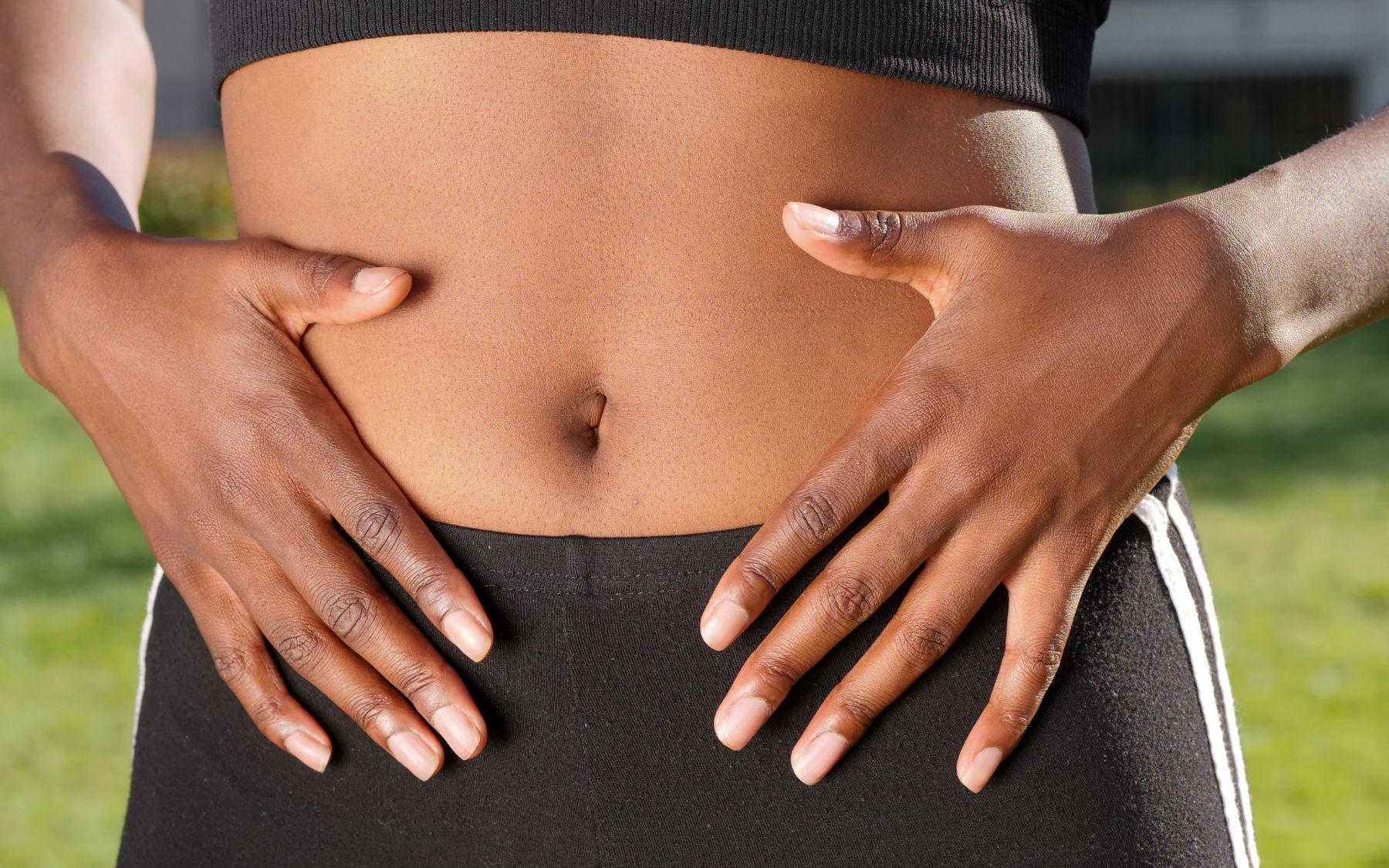It’s World Sleep Day on Friday 17th March with the theme this year “Sleep is Essential for Health” so what better time to talk about the importance of a good night’s sleep? Sleep is an essential function which allows your body and mind to recharge which in turns boosts immunity, helps prevent injury and generally keeps you fit and healthy.
So, how does it work, what is the science behind sleep?
You have an internal body clock, called the circadian rhythm, which regulates your sleep cycle and controls when you feel sleepy and tired and when you’re refreshed and alert. It is suggested that adults aged 26-64 need 7-9 hours of sleep per night and those over 65 need 7-8 hours. This sounds like a lot and for many of us this might not always be achievable – but it’s something to aim for. You go through sleep cycles in your sleep of 90-120 minutes which consist of lighter and deeper sleep. Throughout these stages your body has a chance to recharge and refresh.
What happens if you don’t get enough sleep?
An insufficient amount of sleep over a prolonged period can lead to a higher risk of some medical conditions including high blood pressure, heart disease, stroke and poor mental health. Alongside this attention, reaction time and cognition are also reduced.
Exercise and sleep
When it comes to exercise and recovery, sleep really is so important. It has a huge impact on muscle recovery so if you’re running, strength training, doing anything that challenges your muscles then you’re going to need your rest. Earlier I said we go through different phases of lighter and deeper sleep during our sleep cycles – two of these phases are particularly important for your muscles. REM sleep accounts for 20-25% of total sleep time and occurs in the latter half of each cycle of sleep. This REM sleep provides energy to the brain that supports it during waking hours. Non-REM sleep or deep sleep is essential for muscle recovery. It accounts for 40% of total sleep time - as the blood pressure and heart rate drops and breathing becomes deeper and slower the brain is fully resting allowing more blood supply to reach your muscles. In doing so it delivers extra oxygen and nutrients to promote healing and growth.
How can we improve our sleep?
Here are some top tips on improving your sleep:
- Establish a realistic bedtime and stick to the same routine as much as you can
- Avoid heavy meals within a couple of hours of bedtime
- Jot down any worries you may have and set it aside for tomorrow
- Practice calm activities prior to bedtime ie a relaxing bath
- Keep the lights low in the bedroom
- Think about a screen ban before bed and maybe even in the bedroom (something I def need to do)
- Reduce caffeine intake in the afternoons – why not swap for a decaf
- Exercise during the day, not too close to bedtime so your body has a chance to wind down
- One supplement I swear by for better sleep is Magnesium - I take Wild Nutrition supplements as well as using Better You flakes in the bath (which are fundamental in easing muscle tension and aiding recovery) Current findings show an overwhelmingly positive correlation between magnesium and sleep. It can also help reduce anxiety which can interfere with sleep. So not only does it help you fall asleep it also promotes more restorative sleep. I make sure I get plenty through my diet too via dark leafy greens, nuts and seeds and also dark chocolate!
As always, any questions please do get in touch!
Caroline x







